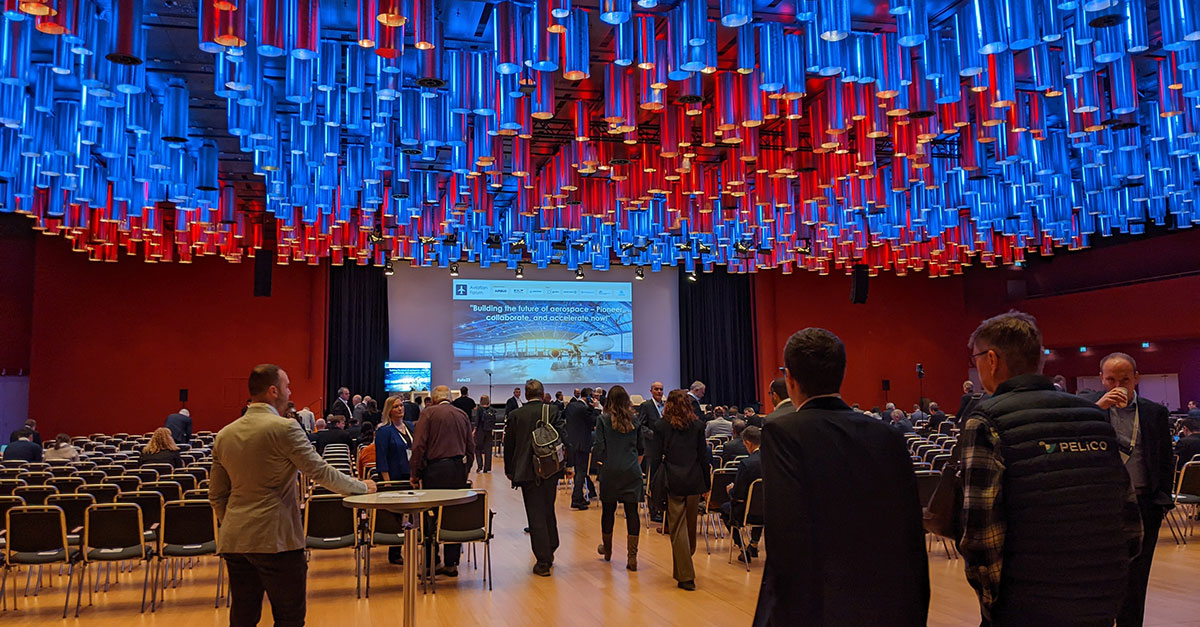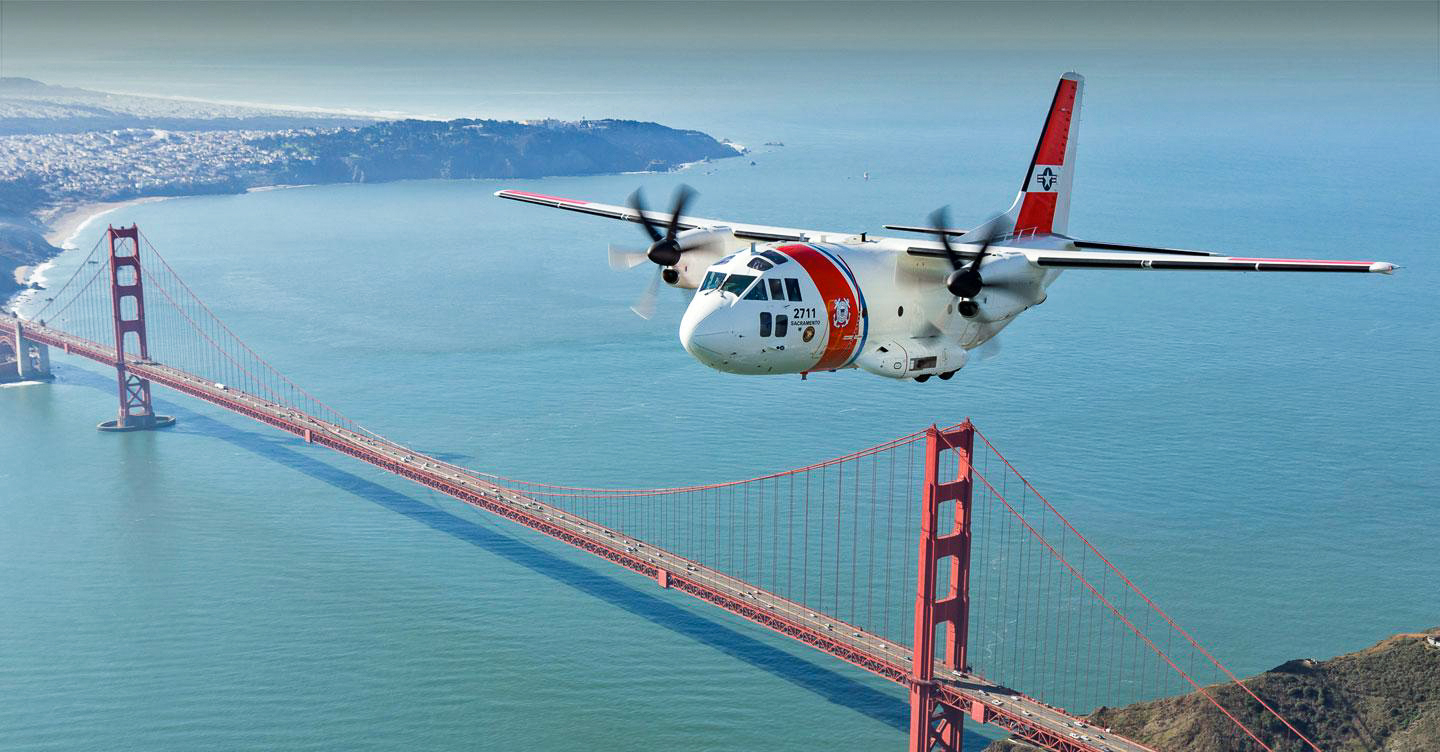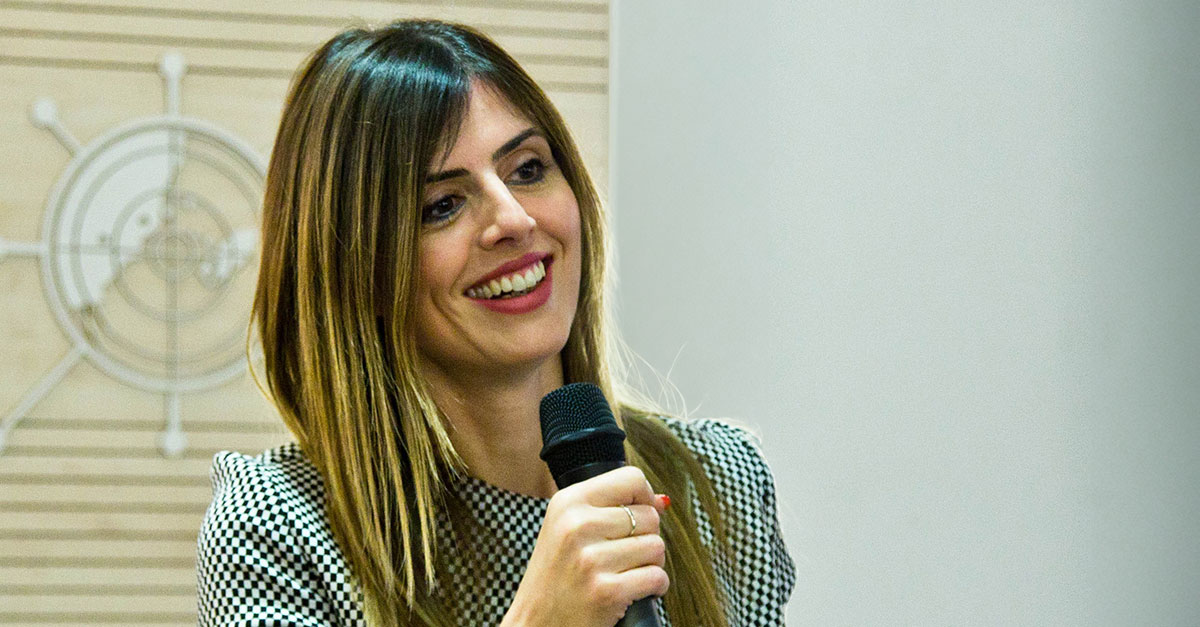5th Aviation Forum: How to master supply chain integration challenges in commercial aerospace
![]()
Same procedure as last year: On December 8th the 5th Aviation Forum in Hamburg opened its doors for more than 500 attendees. This event is one of the key platforms for Airbus and its global suppliers, with industry experts attending panel discussions and sharing insights.
Attendees arriving the evening before had the opportunity to visit Hamburg’s Christkindlmarkt, which allowed for networking even prior to the official start of the event. The author joined and did not regret it…
The event started each attendee having a choice between three factory tours: either the discovery of Kuehne + Nagel’s logistics platform for Airbus, the Airbus Finkenwerder Factory Tour (for A320 and A380), or the Lufthansa Technik “Flugwerft” Tour.
The author joined the latter tour and was able to gather insights on how Lufthansa Technik equips VIP business aircrafts with aircraft interiors, how line maintenance takes place for commercial aircrafts and how engine overhaul is done. In addition to the maintained aircraft, a 59 year old Junkers Ju 52 (“Tante Ju”) was on display. It still performs about 8.000 flight hours a year and has recently been declared as a flying technical heritage, as it was so very innovative for its time.
Which topics were covered in the expert workshops and which challenges were discussed?
The afternoon consisted of 6 alternative workshops and a panel discussion, which were offered as parallel streams, including group works and subsequent presentations of the results:
- Workshop 1: Logistics Management: It dealt mitigating risks in stressed supply networks.
- Workshop 2: Globalized Supply Chain: Experts discussed how global supply chains can be managed in volatile times.
- Workshop 3: Aftermarket: Future perspectives of aftermarket business in transition were examined.
- Workshop 4: Engines: There was an intense discussion whether or not engines are at the threshold to disruptive innovations.
- Workshop 5: Innovation Management: 3D-printing’s implications on design and manufacturing were at the center of this discourse.
- Workshop 6: Manufacturing: The hot topic of Industry 4.0 potentials in configured mass production was discussed.
- In the panel discussion, challenges and opportunities for the future of cabins were discussed with several CEOs and top managers from leading aircraft companies.
How were the workshops organized?
The author attended workshop 4 and was rewarded by a lively discussion and group work session moderated by Prof. Dr. Holger Schiele, with top management engine experts from Pratt&Whitney (Dr. Alan Epstein), Airbus (Eric Maury), Dr. Thomas Rupp (CFM) and Mr Josef Gropper (Liebherr-Lindenberg).
The work groups evaluated the potential of engine innovations to supersede effects of increasing oil prices, the impact of big data including the amount of involved human workforce, the role of external innovation and the innovation potential of additive layer manufacturing (ALM). As Liebherr-Lindenberg COO Josef Gropper stated, innovation is mandatory now, if Aerospace companies want to be competitive also in 10 years.
What were the presentation highlights of the event?
It would exceed the scope of this summary to write about each speech, so this is just a selection of the highlights from the author’s point of view:
Before the gala dinner on day one started, FAL VP Dr. Ulrich Weber from Airbus shared insights on the progress of the FAL in Mobile, Alabama, where production has now started.
One day two, Volker Thum, managing director of the BDLI, reported on the 5% annual growth in the commercial aerospace industry, which needs to be established upon the following pillars: globalization, a common platform and innovation. In this context, the Supply Chain excellence Initiative plays an important role, which is driven by the BDLI.
The partner country of this year’s Aviation Forum was Mexico: the Mexican Embassor to Germany, Mrs Patricia Espinosa Cantellano, attended and gave an impressive speech about the capabilities of the Mexican Aerospace industry, but also about the impact of CETA and TTIP on the trade between Mexico and Germany.
A definitive highlight was when Eric Zahn from Boeing shared his experience on how Boeing manages its supply chain, with 21.800 suppliers, and that on average, 65% of the value generation is sourced externally by Boeing. Interestingly enough, this compares to the Airbus rate of about 80%.
Werner Lieberherr, CEO of B/E Aerospace, gave astonishing insights on how aircraft interiors are differentiated by airline. The most impressive example was a Gulf-based airline, which offers its customers a luxurious first class including an own bedroom and even a personal butler.
Day two also offered two interesting choices: Track 1 “Globalization” and Track 2 “Innovation”. The author decided for the globalization track and was rewarded by an outstanding speech from Dr. Matthias Mette, VP Procurement and SCM at Premium Aerotec Group (PAG), who reviewed the challenges in the supply chain and the way PAG addresses these challenges. He stated that PAG also relies on collaboration tools such as SupplyOn AirSupply to reach procurement excellence.
After the two tracks had ended, KUKA CEO Frank Klingemann gave insights about “Industry 4.0” and related applications. He stated that, due to a shrinking population in Germany and other industry countries, robots will play a necessary role in substituting a shrinking workforce. Interestingly enough, KUKA has recently bought SWISSLOG to extend its business model.
Dr. Jörg Rissiek, Vice President Strategy & Projects from Satair Group, gave insights on the immense potential of 3D printing / ALM (additive layer manufacturing), pointing out that the development is just at the beginning, as certifications are not yet in place, etc.
What was the patron’s message?
Last but not least, Dr. Klaus Richter, as patron of the event, concluded the Aviation Forum by first giving insights into the Airbus order books. However, overall, the ramp-up for the A350 and the A320 NEO are in focus now, where delivery will start soon.
Dr. Klaus Richter named the key challenges from Airbus perspective for 2016: industrialized ramp-up as topic number one followed closely by globalization, digitization and innovation in the supply chain. Regarding the digitization of the supply chain from an Airbus perspective, he pointed out that AirSupply as a supplier collaboration hub, connecting not only Airbus as OEM and Tier1s, but also Tier1s with their Tier2s, is a “very powerful tool for the European Aerospace industry” and a backbone of the Airbus supply chain management.
What comes next?
A new year with new supply chain challenges to be met – and, of course, the continuation of the success story “Aviation Forum” in 2016.



